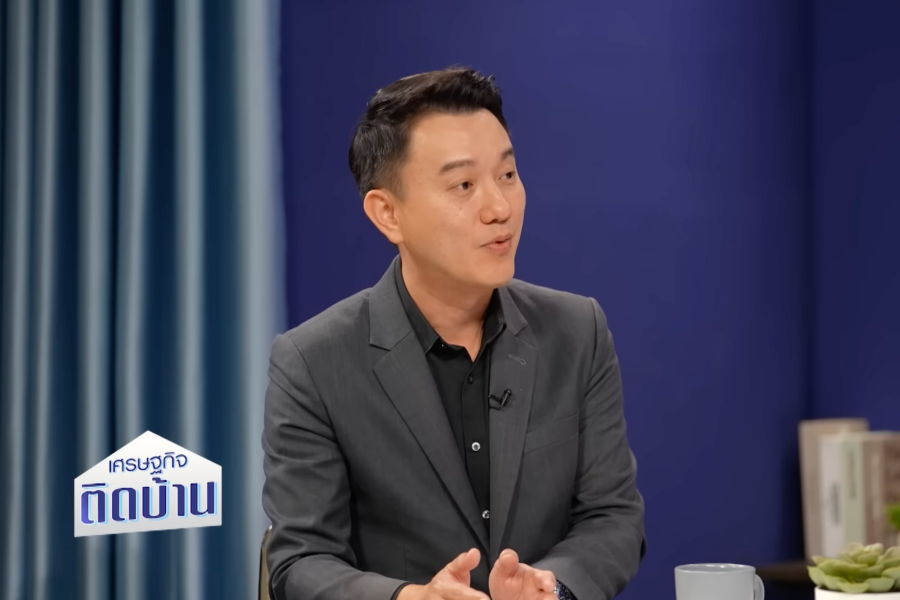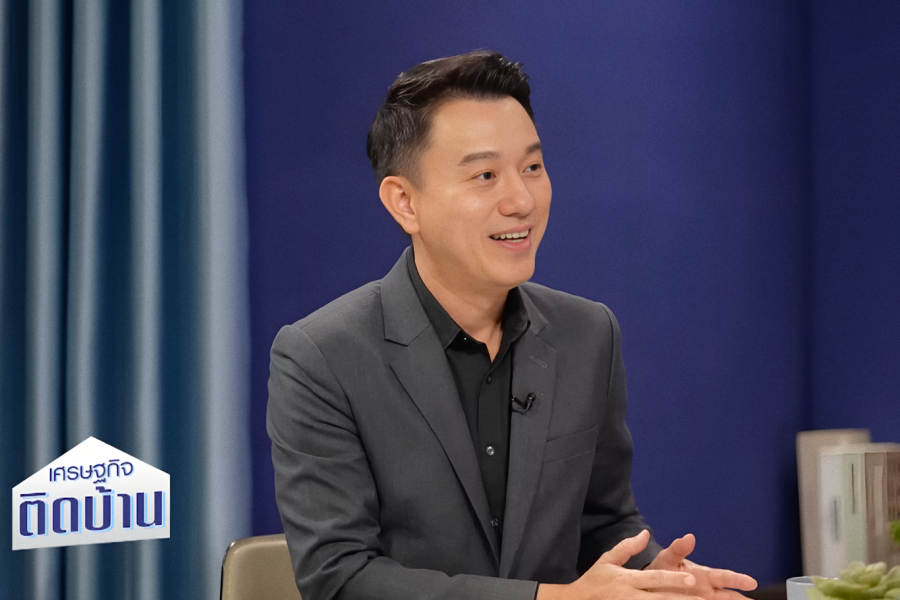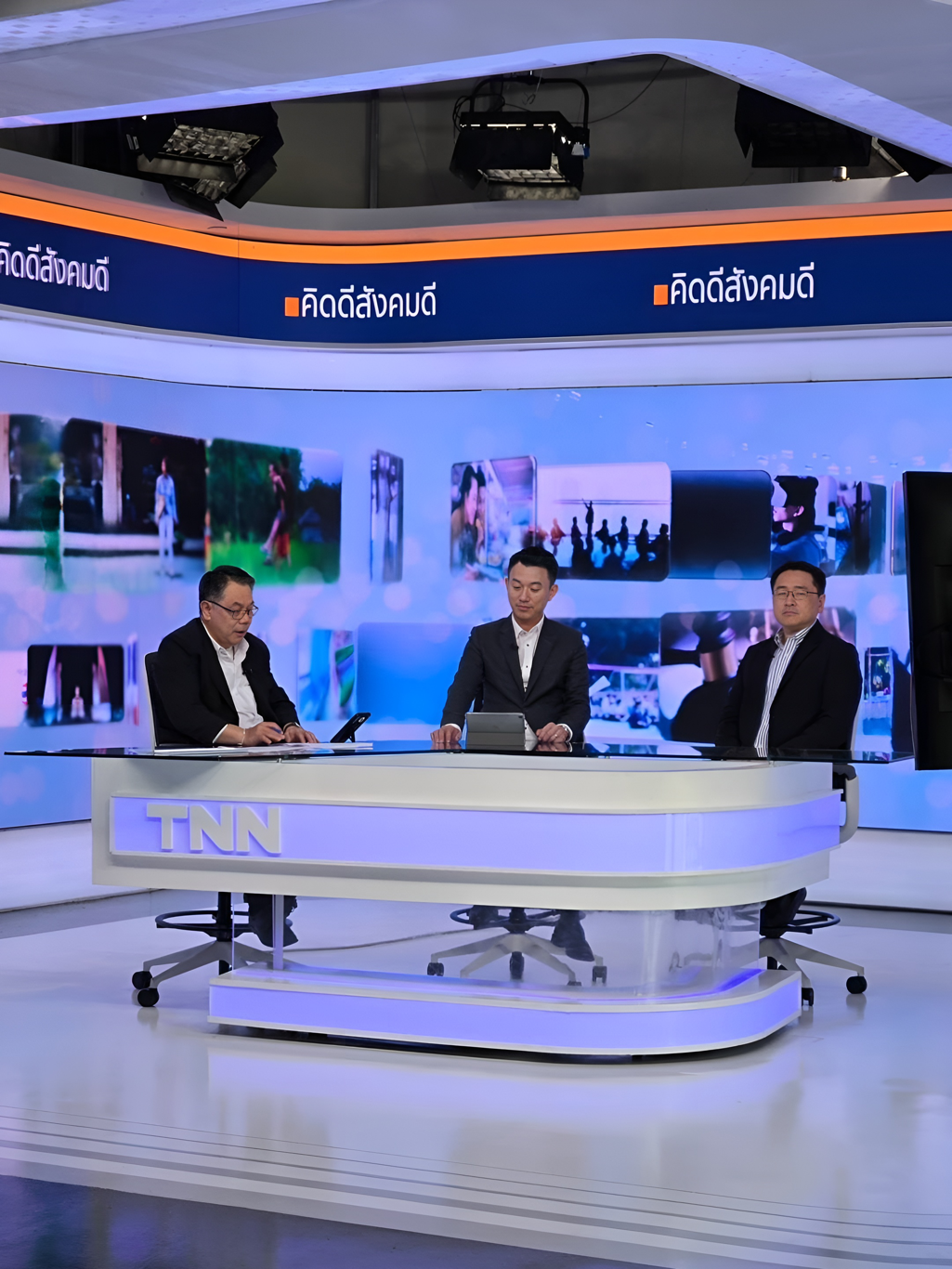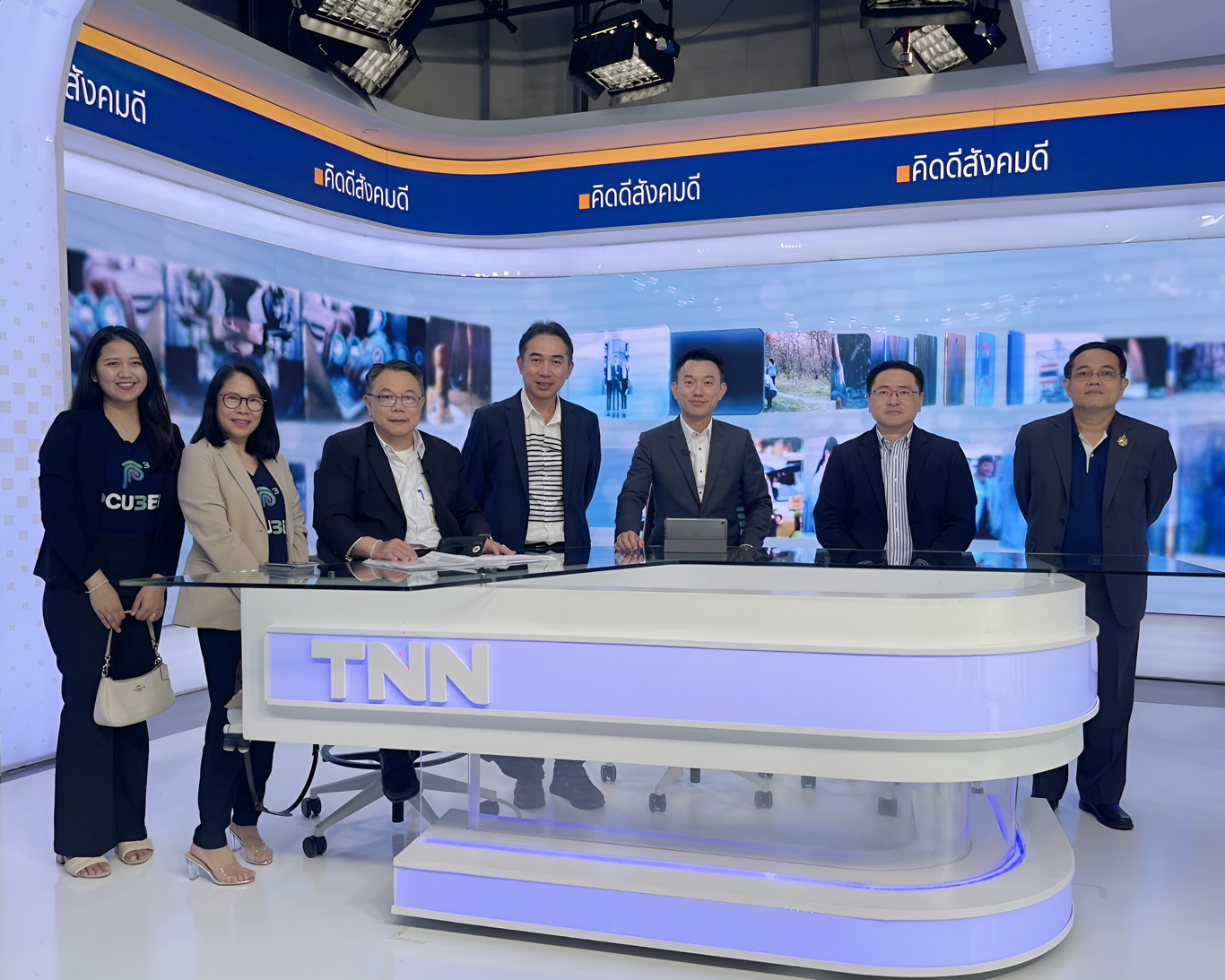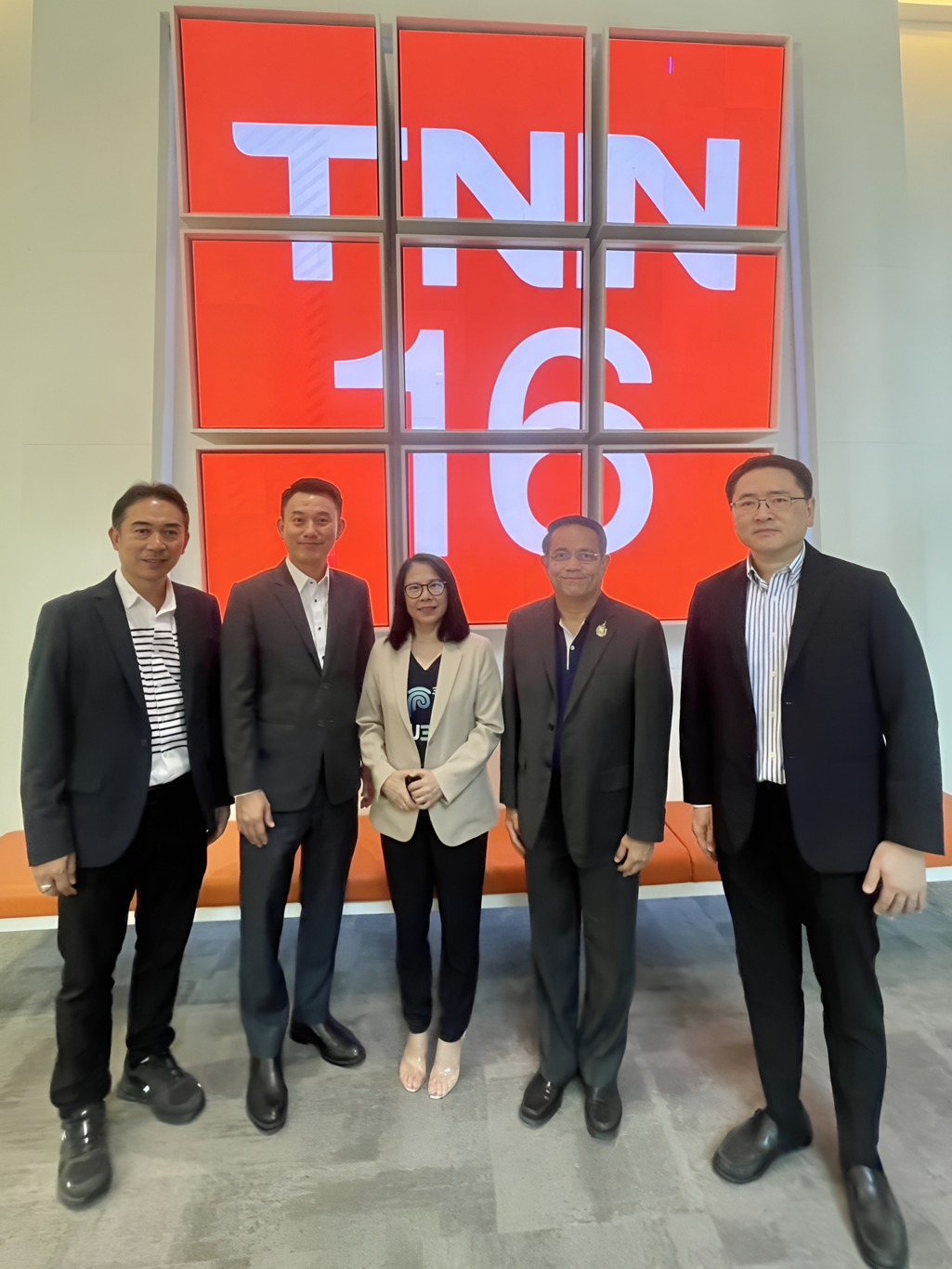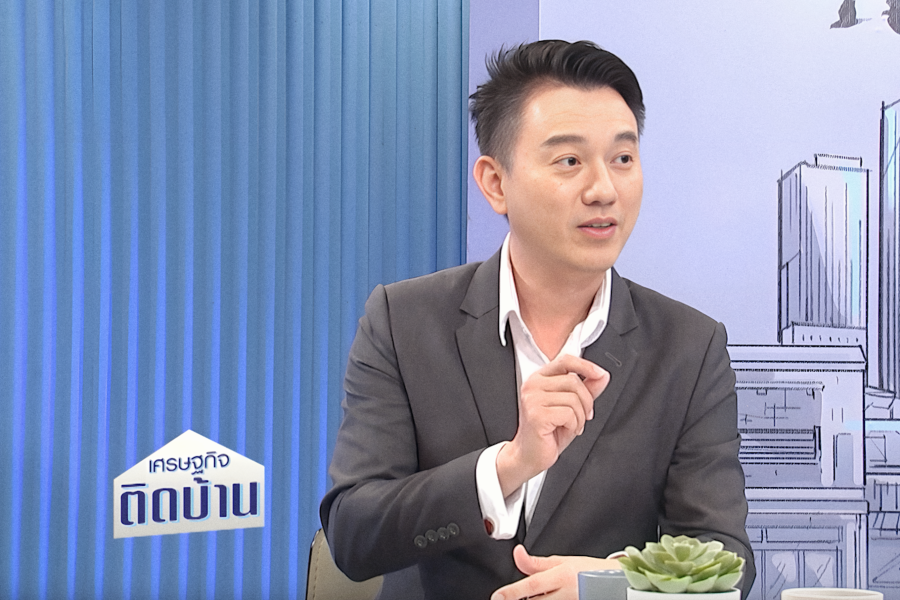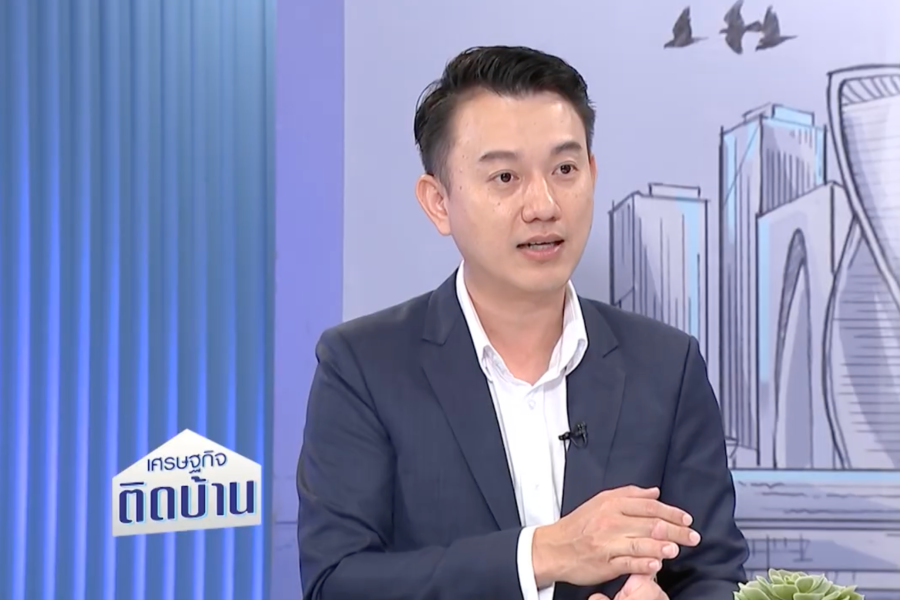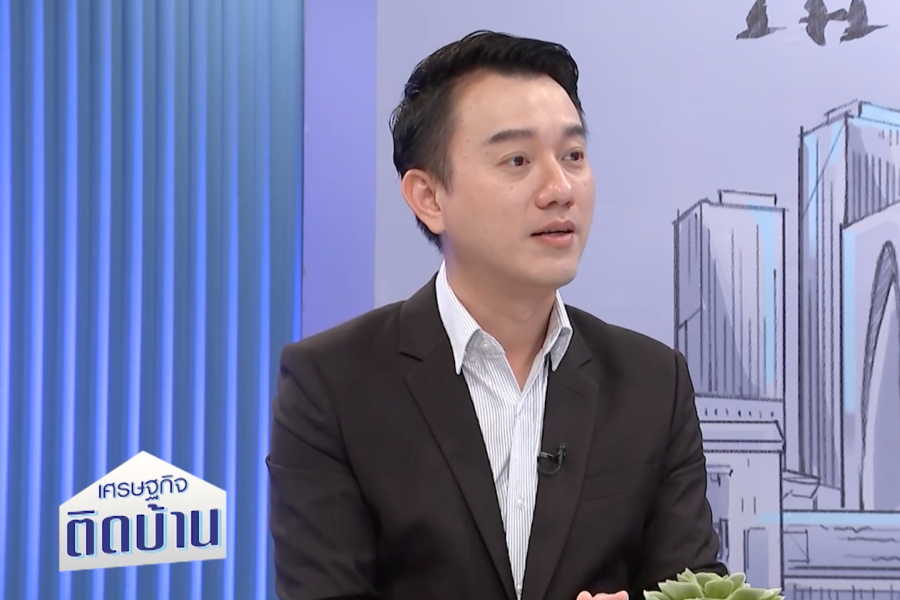When a loved one passes away, their estate is divided and distributed among the deceased’s heirs, typically children and grandchildren. Frequently, however, disputes arise due to the absence of a valid will or the existence of an unclear or ambiguous testament.
To prevent problems in future, it is essential to understand the legal procedures involved in drafting a will, the various types of will recognised by law, and the requirements necessary to ensure that the will is valid and enforceable.
Join the discussion with IAS Advisory co-founder Mr Anuwat Ngamprasertkul in an episode of the popular evening TV programme Home Economy, hosted by veteran news anchor, reporter and journalist Dr Wit Sittivaekin.
This episode premiered on Wednesday 19th November 2025 on Thai PBS, Thailand’s public broadcasting service. Disclaimer: all content is owned by Thai PBS. Visit the Thai PBS website HERE.
Note: this is the second episode of Home Economy’s recent two-part series on, firstly, inheritance without a will (which aired on Friday 14th November) and this episode, making a will and protecting against future complications. Watch the first episode HERE!

